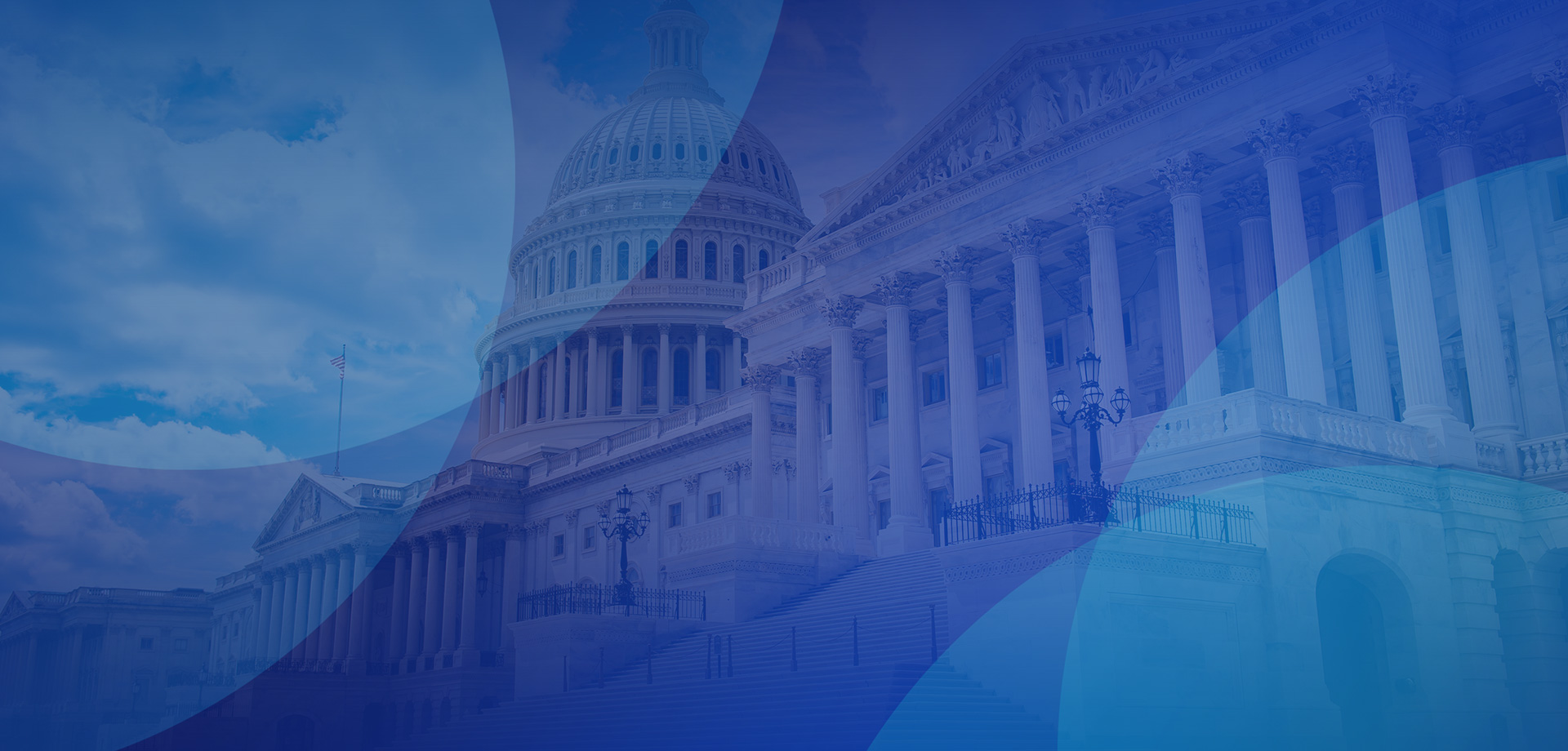Am I Eligible for Chapter 13 Bankruptcy?
There are eligibility requirements for Chapter 13 bankruptcy. You must have sufficient income to complete a Chapter 13 repayment plan. There are also Chapter 13 bankruptcy debt limits that change every three years. As of 2021, you cannot have more than $419,275 in unsecured debts and $1,257,850 in secured debts.
If you had a prior case dismissed within the past 180 days, you may also be ineligible to file a case under any bankruptcy chapter.
Analyzing eligibility for Chapter 13 bankruptcy requires careful assessment of both your current financial standing and future ability to maintain payment schedules. It's a solution suited to those who possess stable income sources and wish to pursue a structured debt payoff strategy while protecting significant assets. Navigate these requirements with a meticulous approach, considering the long-term commitment and budgeting necessary over a three-to-five-year period. Prospective filers might benefit from financial counseling, not only to understand eligibility criteria but also to gain insight into sustainable financial management practices post-bankruptcy filing.
Steps to File for Chapter 13 Bankruptcy
To file for Chapter 13 bankruptcy, you will need to:
- Attend credit counseling before filing for bankruptcy
- Hire a knowledgeable bankruptcy attorney
- Fill out paperwork and gather detailed information on your income and expenses
- Submit bankruptcy petition, formally filing for bankruptcy and entering "automatic stay"
- Submit a payment plan with 14 days of filing for bankruptcy
- Have a meeting with all creditors within 21-50 days of filing
- Confirm the payment plan within 45 days of meeting
- Make payments for 3-5 years
- Attend a debtor education course before Chapter 13 bankruptcy is complete
When your repayment plan is complete, you will receive a discharge from the court and be free of most of your debt obligations. However, it's important to note that certain debts may not be dischargeable under Chapter 13 bankruptcy, such as child support payments, student loans, and some taxes. Filing for Chapter 13 bankruptcy involves several critical steps that demand careful attention to detail.
Understanding the importance of each step in the filing process ensures that you remain in compliance with legal obligations and optimize your chances for a successful filing. To best prepare, gather all necessary documents and maintain ongoing communication with your bankruptcy attorney, who can provide invaluable advice on managing your financial disclosures and responding to creditor demands. Additionally, consistent attendance and adherence to assigned schedules, such as creditor meetings and payment appointments, are vital. Adopting a proactive approach will help you manage your time efficiently and can lead to a favorable resolution.
Navigating Bankruptcy in Washington, D.C. and Maryland
If you're facing financial difficulties in Washington, D.C. or Maryland, understanding the local landscape of bankruptcy can be crucial. The D.C. government and the Maryland state government provide resources that can help you navigate your options, including local legal aid organizations that offer assistance to those in need. Many residents in the area struggle with high living costs, unexpected medical bills, or job loss, which can lead to overwhelming debt. Knowing that you're not alone in this situation can be comforting.
Additionally, local economic conditions can impact your eligibility for Chapter 13 bankruptcy. With the debt limits set to change every few years, staying informed about these thresholds is vital. If you're unsure about your eligibility or the best path forward, local resources such as the Maryland Legal Aid or the D.C. Bar can provide guidance tailored to your specific situation.
Ultimately, whether you reside in the bustling streets of Downtown D.C. or the suburban comfort of Montgomery County, understanding your options and the local resources available can empower you to make informed decisions about your financial future. Don't hesitate to reach out for help; navigating bankruptcy is a challenging process, but you don't have to do it alone.
Chapter 13 Bankruptcy in Washington, D.C.: Local Considerations
A key aspect of filing Chapter 13 bankruptcy in Washington, D.C. is understanding the local legal environment and how regional economic conditions may affect your situation. Washington, D.C.'s unique position as the nation's capital means that many residents work in government-related roles, which can influence income stability and job security during economic downturns. Given the high cost of living in the area, it is crucial for debtors to carefully analyze their finances before deciding to file. Local chapters of the U.S. bankruptcy court can offer guidance, and it's beneficial to seek legal advice from firms familiar with D.C.'s specific judicial nuances.
Additionally, Washington, D.C.'s diverse population means that there may be community-specific resources available. Local nonprofit organizations often provide financial literacy workshops and support services tailored to those considering bankruptcy. Such resources are invaluable for residents looking to rebuild their financial lives while maintaining access to their community networks. Understanding court procedures, local trustee expectations, and the support options available can provide a smoother path through Chapter 13 proceedings. This makes the guidance of a well-versed local attorney particularly beneficial, ensuring you navigate these regional intricacies effectively.
FAQ: Understanding Chapter 13 Bankruptcy
How Does Chapter 13 Bankruptcy Affect My Credit Score?
Chapter 13 bankruptcy will initially impact your credit score negatively, as it is a public record of financial distress. This filing can stay on your credit report for up to ten years, making it challenging to secure new credit or loans during this period. However, as you work through and complete your repayment plan, your financial habits will improve over time. Regular on-time payments will be recorded positively, aiding in the gradual recovery of your credit score. It's essential to continue monitoring your credit report to ensure accurate reporting of your progress.
Can I Keep My Property with Chapter 13 Bankruptcy?
Yes, one of the advantages of Chapter 13 bankruptcy is the ability to keep your property while you pay off debts over time. The court allows you to reorganize your debt repayments so you can maintain possession of significant assets such as your home and car, provided that you maintain up-to-date payments under your repayment plan. It's crucial to communicate any changes in your financial situation to your attorney, as modifications might be necessary to continue protecting your assets.
What Happens If I Miss a Payment in Chapter 13 Bankruptcy?
Missing a payment under your Chapter 13 repayment plan can present serious consequences, including the possible dismissal of your bankruptcy case. If you anticipate difficulty in making payments, it's crucial to contact your Chapter 13 bankruptcy lawyer immediately. They can help explore options such as modifying your repayment plan to better align with your current financial situation. Transparency and proactive management are vital to preventing further financial difficulties and maintaining the terms stipulated by the bankruptcy court.
Is Credit Counseling Required for Chapter 13 Bankruptcy?
Yes, credit counseling is a mandatory step before filing for Chapter 13 bankruptcy. The U.S. Bankruptcy Code requires that debtors complete a credit counseling course provided by an approved agency within 180 days before filing. This requirement aims to ensure that debtors explore all available financial options and understand the implications of filing for bankruptcy. Completing this course provides valuable financial education and insights, assisting in re-establishing financial stability and creating a sustainable future for debt repayment.
How Do Local Bankruptcy Rules Affect My Chapter 13 Case?
Local bankruptcy rules can significantly affect the management and outcomes of your Chapter 13 bankruptcy case. Washington, D.C., like many jurisdictions, has specific guidelines regarding how cases are processed, trustee interactions, and acceptable repayment terms. Understanding these local variations is crucial, as they can impact eligibility, creditor meetings, and procedural requirements. Engaging with a local bankruptcy attorney equipped with knowledge of D.C. court procedures ensures you meet all necessary conditions, paving a smoother pathway through the Chapter 13 process.
What Are the Advantages of Filing Chapter 13 Bankruptcy?
Depending on your individual situation, you may benefit from Chapter 13 bankruptcy. If you have stable income and nonexempt property you want to keep, then Chapter 13 may be a great option.
Bankruptcy in general provides some initial benefits. An automatic stay goes into effect when you file for bankruptcy. Creditors must cease collection attempts for as long as the stay is in effect. The automatic stay may prevent foreclosure if you act quickly and continue making payments. Some Chapter 13 filers may be able to get caught up on past-due payments for secured debts.
Additionally, Chapter 13 bankruptcy can improve your financial literacy as it requires you to develop a comprehensive understanding of your income and expenditures. By meticulously tracking these over time, you're better prepared to manage finances effectively, which may lead to smarter budgeting decisions.
Moreover, this process can yield long-term benefits as it inculcates habits of financial discipline, preparing you for life post-bankruptcy. Furthermore, the gradual debt repayment structure can strengthen your credit over time as regular payments are reported to credit bureaus, which in turn can assist in rebuilding your financial standing once the bankruptcy process is concluded.


